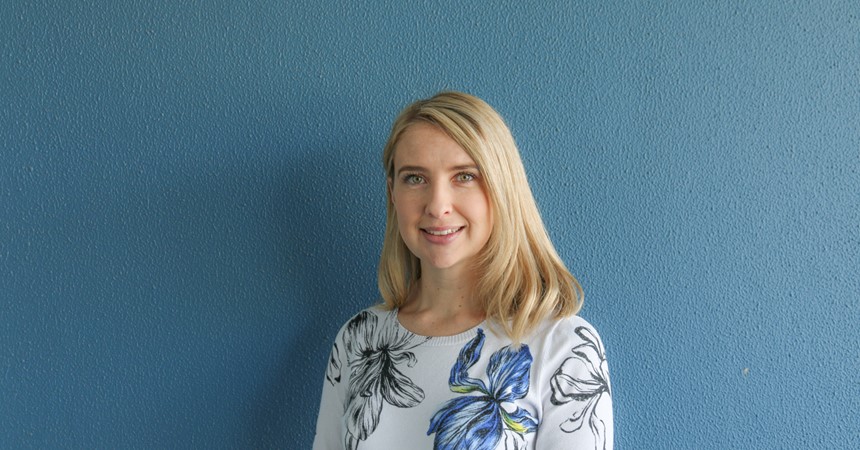Fast forward just days on, and things have moved so far, so quickly, that a rewrite was required.
Far from taking my children around the supermarket now, last night as darkness fell my son peeped out of the curtains and asked: “Is the coronavirus coming for us? Should we hide?” And offices, playgrounds, schools, places of worship — everywhere we frequented as part of our daily routine only recently — are now restricted or off limits altogether.
The threat of coronavirus, or COVID-19, is constantly at the front of our news cycle, across our social media feeds, the topic of most conversations — and if we somehow manage to avoid being bombarded by pandemic chatter and get on with work and life as far as possible, a trip to the supermarket’s empty shelves when you are running low on basics, quickly brings the issue back to the forefront, and for many people triggers a high level of anxiety.
With the situation feeling like it’s spinning out of control, there is a risk of becoming hypervigilant — constantly on the lookout for danger signs. Low-level events that you previously didn’t notice, such as someone coughing or sneezing around you, can suddenly be perceived as life threatening. However, ongoing surveillance of everything around you can take a toll on your physical and emotional health. Hypervigilance can lead to increased sensitivity, anxiety and exhaustion.
The Australian Psychological Society (APS) has released a statement on caring for our mental health following the World Health Organization’s (WHO) declaration of coronavirus as a Public Health Emergency of International Concern. APS president Ros Knight says it is reasonable and understandable that people are concerned, but panicking is not a helpful way to respond. “As humans, we are hardwired to be afraid of the unknown and of something that appears random and uncontrollable,” she said. “If you find yourself becoming anxious about coronavirus, try to remember that medical and scientific experts are following strict protocols to contain the virus and treat those affected.”
In response to something random and uncontrollable, it can be helpful to look at factors that we can influence to care for ourselves.
- Practise self-care — tend to your basic needs for eating and sleeping well. These seem like obvious points, but following these self-care practices will do wonders for your mental health.
- Engage in activities that cultivate a positive mindset, such as exercise, mindfulness or prayer.
- Stay connected with family and loved ones for quality interactions and distraction.
- Talk to your kids — the routines that children thrive on have been disrupted, and they are being exposed to information. Where children are not given facts, they tend to imagine instead. My experience as a psychologist and a parent is that when we leave children to imagine explanations, they are often scarier than the reality of the situation. So, providing a general explanation, while not going overboard on daunting details, is likely to be helpful in managing or preventing an anxious response.
- Avoid Dr Google — stay away from sensational news, excessive googling and “end of days” discussions. Up-to-date factual information is available from the Department of Health (gov.au/) and WHO (who.int/emergencies/diseases/novel-coronavirus-2019/advice-for-public).
If you are feeling overwhelmed by current events or experiencing difficulties managing day-to-day tasks, you can reach out for professional support including from CatholicCare’s psychologists, who are now offering telephone and video conferencing appointments to members of the public.



























































































